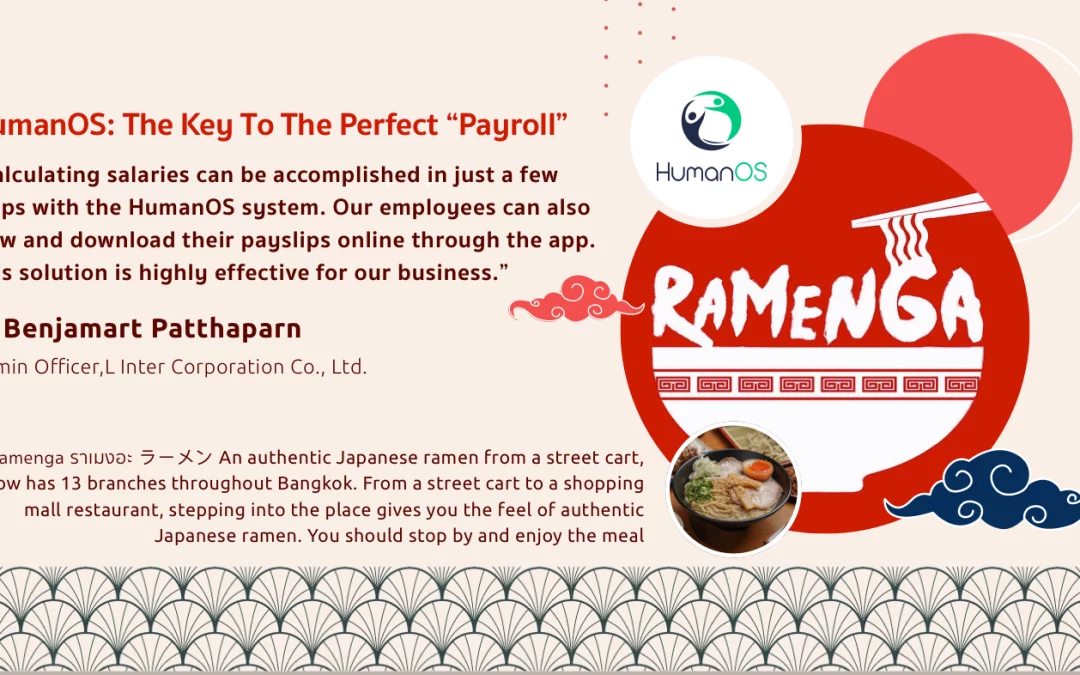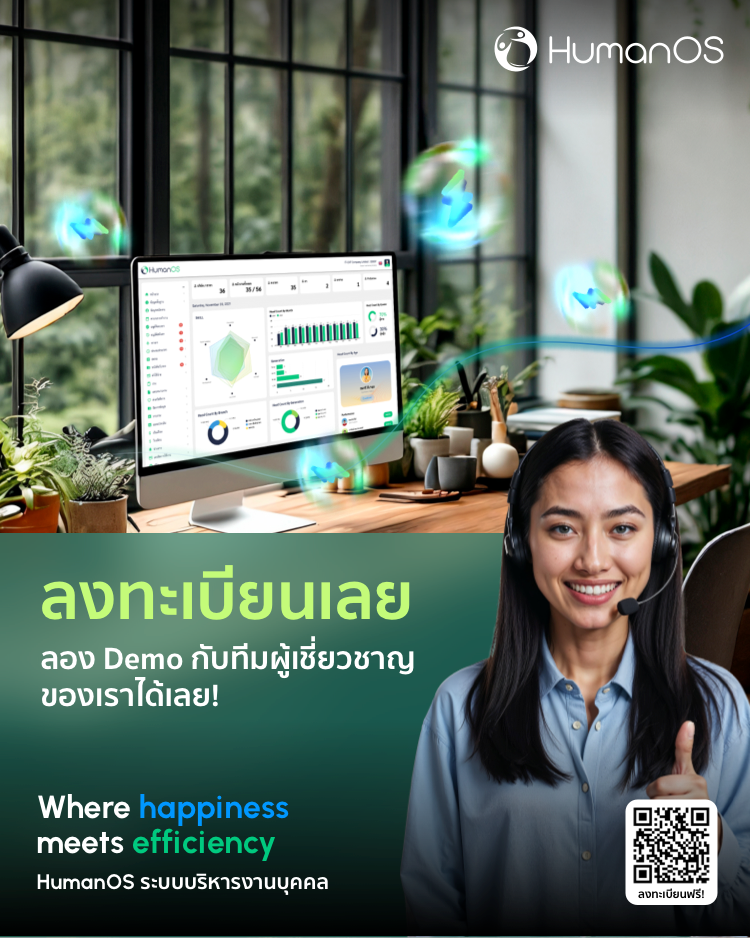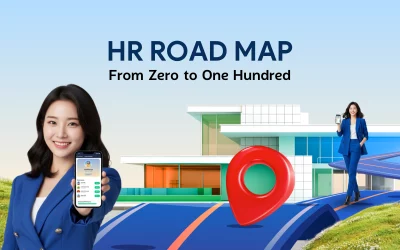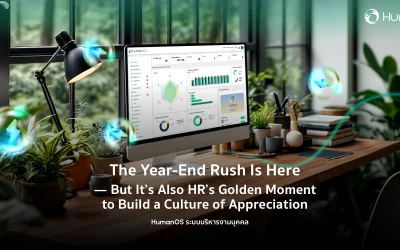n today’s workplace, the role of Human Resources (HR) extends far beyond administrative functions. HR is now expected to play a strategic role in supporting sustainable organizational growth. A key factor that has become increasingly important in this transformation is data.
Traditionally, HR decisions were often guided by intuition or experience. However, as employee behavior and expectations become more complex, relying on data-driven insights has become essential. This raises critical questions such as:
- Why does a particular team experience a higher turnover rate than others?
- Why do some employees choose not to participate in training programs, even when the courses are well-designed?
- What are the early warning signs of fatigue or potential burnout?
The answers to these questions are rarely found in raw numbers alone. Instead, they lie in understanding the meaning behind the numbers.
The Role of Data in Elevating HR
Modern HR systems, such as HumanOS, are designed to do more than simply store information. They enable HR professionals to connect and interpret data holistically, providing actionable insights that support better decision-making. For example:
- Performance evaluations reveal who is progressing well and who may require additional coaching.
- Training reports highlight which programs are impactful and which may need adjustments.
- Leave records provide early signals of employee fatigue or burnout risks.
- Real-time survey feedback reflects team sentiment and workplace climate.
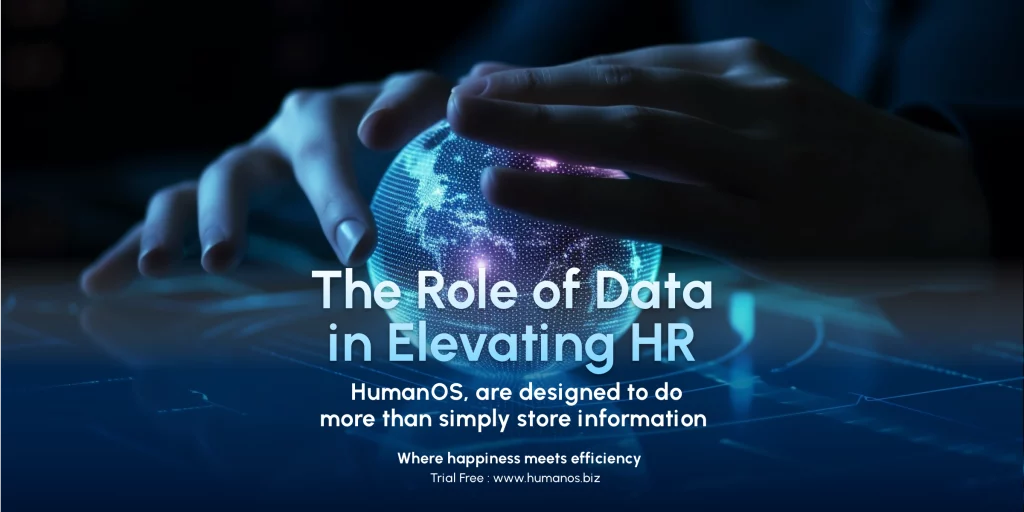
By leveraging such insights, HR no longer has to “guess.” Instead, decisions can be made with greater precision and alignment to organizational realities.
From Problem-Solving to Prevention
While data is a powerful tool, the essence of HR remains rooted in empathy and understanding people. Yet when data is combined with genuine care, HR can move beyond reactive problem-solving and shift toward proactive prevention.
The result is not only improved efficiency but also the creation of a culture where employees feel that the organization genuinely cares for them—and more importantly, that “we are growing together.”
Conclusion
Data is more than a collection of numbers. It represents the stories of people—their thoughts, emotions, and needs. When applied thoughtfully, data enables HR to evolve from being merely a workforce administrator into a strategic partner that drives sustainable organizational success.
Source : Unleash , Linkin.com and Business and Finance

